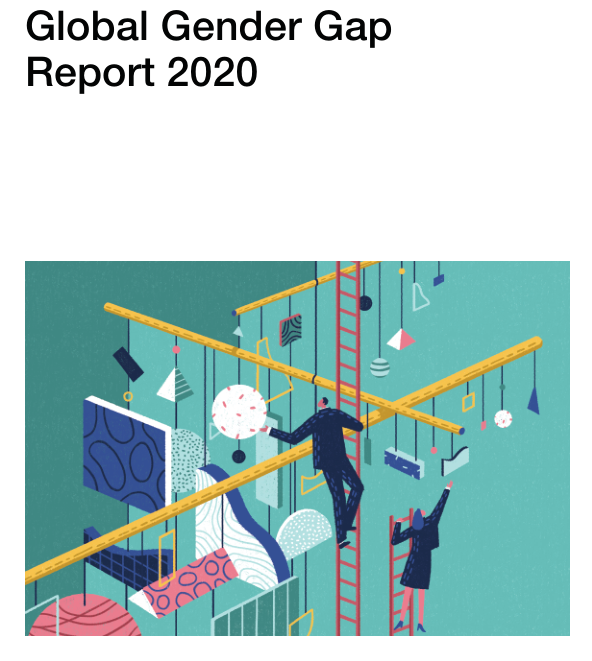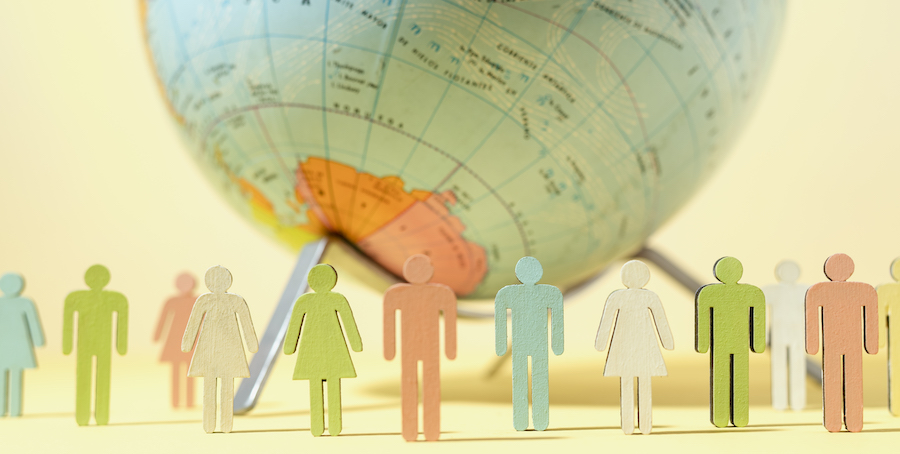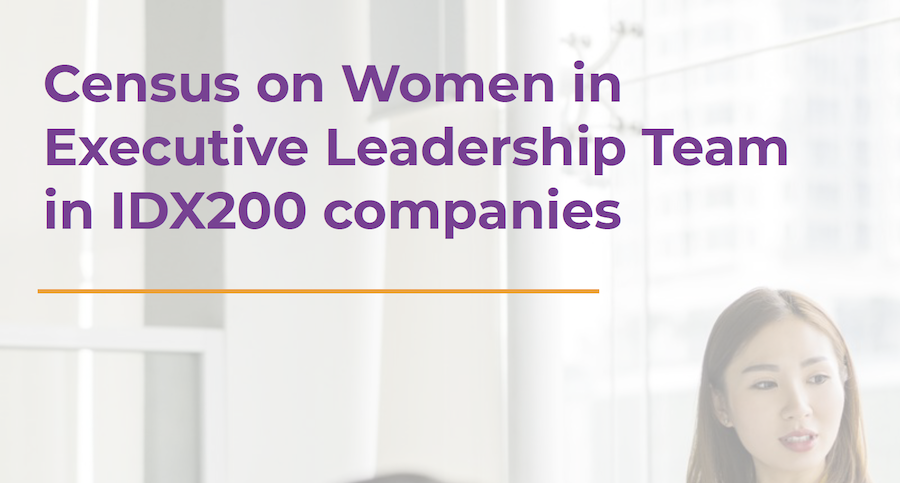
Social Norms, Attitudes, and Practices: Normalizing the Role of Men at Home and Normalizing the Role of Women’s Economy in the Journey of Life
December 13, 2023
Effectiveness of Working from Home during pandemic COVID-19
December 13, 2023It Takes 99 Years More To Achieve Gender Equality!
Although important in terms of morality or justice, it is even one of the supports in the economic sector of a country, but gender equality is still a major challenge globally! Even in the economic sector globally, the gender gap is still happening!
Not even all developed countries already have gender equality, especially in the participation of women in the workforce. Looking deeper into this, Global Gender Gap Report 2020 released the World Economic Forum (WEF), giving it a pretty surprising picture.
Globally, in reports whose research is conducted from 153 countries in the Asia-Pacific region, Australia, Africa, the Americas and Europe are declared gender equality has reached 68.6 percent. Yet there remains a 31.4 percent gender gap that needs to be closed so that gender equality is achieved optimally. It is revealed based on the results of the study, women’s participation in four global sectors: economics and opportunities to strive, politics, education, and health.
Based on the four subindexes, the greatest gender is happening in the political subindex. It is recorded that only 24.7 percent of the gender gap can be covered in this subindex. The gender gap is also still occurring in the subindex of economic participation and opportunity to strive, although the gender gap has been successfully closed to 57.8 percent. In the global education and health subindex, gender equality achieves performance quite well. Gender equality in the education Subindex managed to reach 96.1 percent and health reached 95.7 percent.
Seeing the magnitude of the gender gap that is still happening in both subindexes globally, WEF claims it takes 99 years to be able to achieve gender equality optimally. In fact, from 153 countries, only 40 countries are already achieving gender equality optimally. 10 of them being countries whose gender equality is the most optimal. The first rank was won by Iceland, as a country that has achieved optimal gender equality. The second position was won by Norway, followed by Finland on the third rank, Sweden reached number four, Nicaragua ranks fifth, sixth to the tenth ranking achieved by New Zealand, Ireland, Spain, Rwanda, and Germany. So what about Indonesia?
From the index as a whole, Indonesia occupies a position of 85, closing 70 percent of its drum gap. In the participation of women in the sub-index of economics and opportunity to strive, Indonesia reached 68 from 153 countries. WEF noted, Indonesia experienced a considerable increase in the participation of women in this subindex. Although the gap between men and women in the economic field is still quite high, there has been significant improvement since the year 2006. Indonesia’s ranking improvement is one of the most significant globally.
This ranking increase was driven by a surge in the number of women who held important roles and a top position in the field of leadership by 55 percent. Indonesia became one of the six countries in the world, where the leaders ‘ or high positions ‘ roles were in a majority position held by women. But unfortunately, the work participation of women who only reach 54 percent tends to be low if compared to males reaching 83.9 percent. Not only that but Indonesia also still has to deal with the issue of income distribution gap where the income obtained by women workers is only 7.8 percent, half of which is obtained by males at 15.4 percent.
In the field of education and health, the gap between men and women in Indonesia is almost closed. Where each subindex is recorded at 97 percent for education and 97.4 percent of the health sector. Of these two areas, Indonesia ranks 105 for education, while the health field reached the position of 79.
Although there are very positive improvements in the field of economics, health, and education, the gender gap in politics is widened. Indonesia ranks at 82 or dropped 22 points from last year. It is due to the low representation of the good women in parliament that only reached 17.4 percent, lower than last year by 19.8 percent. Even in the government cabinet the number of female representation only reaches 24 percent, but last year reached 26 percent. But by involving women in the political sector, especially in government as a regulator of people’s lives, can be an opportunity to apply and socialize the regulation of gender equality in various sectors optimally.
There are still more than 100 countries in the world, which have not yet reached the level of gender equality optimally. Therefore, gender equality is a global responsibility. Because by applying the same rights and obligations to men and women in various sectors of life, it will support the sustainability of a country. The struggle is still long, 99 years is not a short time! Keep striving to achieve #eachforequal for an equal world!
Writer : Joan Natasya Lambe
Source: Global Gender Gap Report 2020





